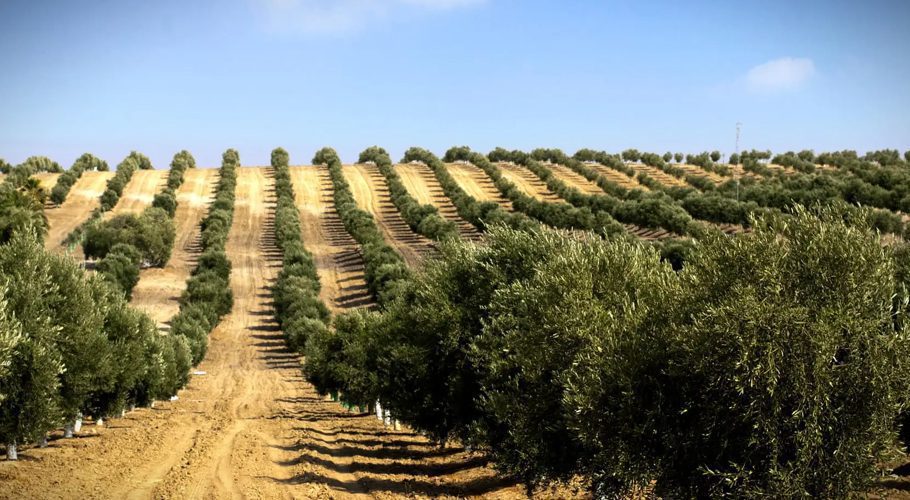Realizing the vast potential of olive farming and the millions of wild olive trees across Pakistan, the country could achieve self-sufficiency in edible oil within a decade.
A recent discussion at the Institute of Policy Studies (IPS) in Islamabad underscored Pakistan’s capability to attain this goal by tapping into the abundant resources of olive farming.
Moderated by Naufil Shahrukh, GM Operations at IPS, the discussion featured key participants, including Khalid Rahman (Chairman, IPS), Dr. Faiyaz Alam (General Secretary, Dua Foundation), Shabbir Soomro (Author and Journalist), and Dr. Ghufran Saeed (Assistant Professor, Department of Food Science and Technology, University of Karachi).
The untapped potential of around 85 million wild olive trees in Pakistan could revolutionize indigenous olive oil production, potentially saving the country approximately $4.5 billion annually spent on importing edible oil. Moreover, this initiative could lead to a robust olive export market.
Despite the significant number of wild olive trees, the lack of awareness and knowledge about this valuable resource has hindered its full exploitation. The discussion emphasized the urgent need for nationwide awareness campaigns to unlock the hidden possibilities and benefits within Pakistan’s olive trees.
Recent efforts in regions like Sindh, Balochistan, Khyber Pakhtunkhwa, and Punjab have resulted in the planting of 5.6 million new olive trees across 50,000 acres of land. Two million of these trees are already yielding fruit, producing olive oil for both local consumption and export.
With approximately 75 percent of Pakistan’s edible oil being imported, the discussion highlighted the potential to save the $4.5 billion spent on imports through successful olive cultivation, ultimately making Pakistan self-sufficient in edible oil.
To maximize the efficiency of olive cultivation, the discussion stressed the importance of improved coordination between academia, industry, and government. Comprehensive awareness initiatives, including integrating success stories in olive cultivation into educational curricula and motivating communities through institutions, were proposed.



































